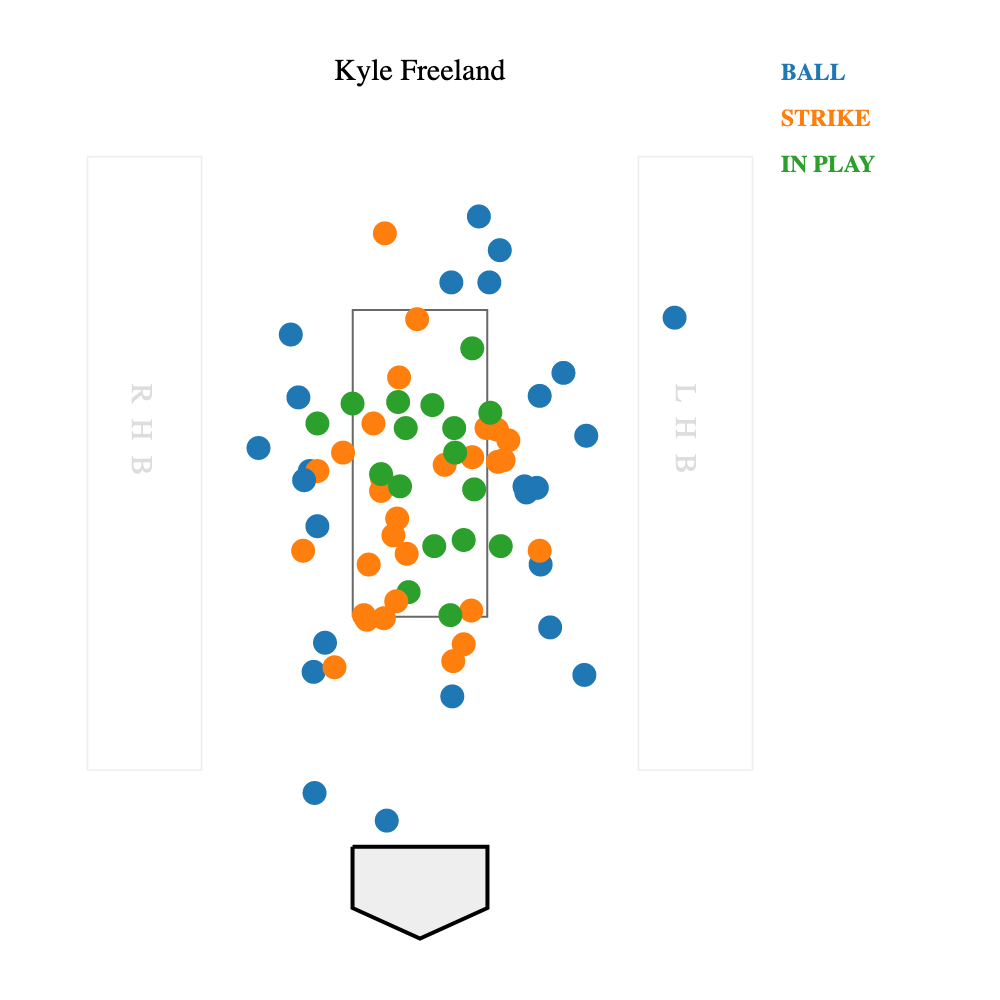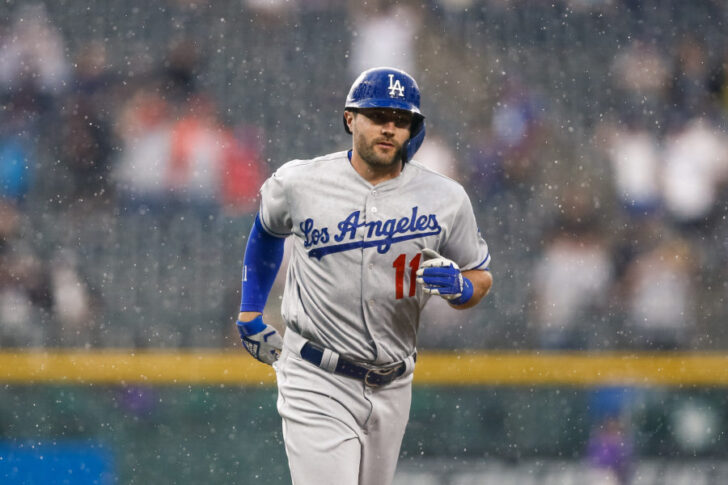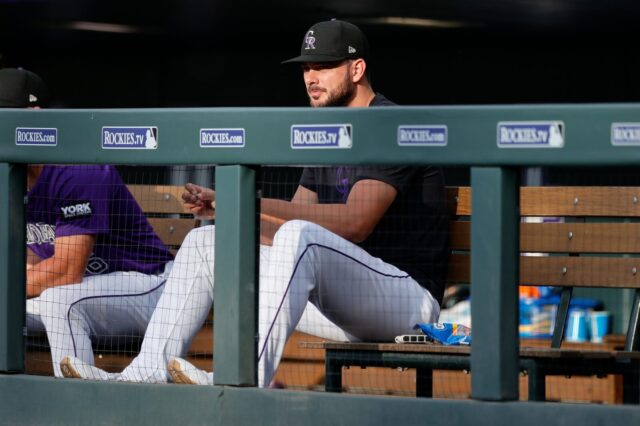One step forward, two steps back for the Colorado Rockies.
After tacking the largest loss of the year onto the Dodgers Monday night, the Rockies lost handily in their second shot of the series, 9-4.
Kyle Freeland imploded, Chad Bettis added onto the woes and the offense failed to come through in the loss. A late surge that resulted in a run in the ninth inning failed to erase the lopsided nature of the club’s latest chance against their rival.
Ahead are takeaways.
A no good, really bad night for Freeland
He was supposed to be back. In six shutout innings his last time out, Kyle Freeland exemplified the facets of his game that made him so dominant in 2018.
Alas, those hopes were dashed early in his latest attempt.
On only the second pitch of the game – a 1-0 changeup – Freeland found trouble. A 363-foot homer off the bat of AJ Pollock served as merely a precursor for the game’s momentum.
The leadoff home run served as a career-high 18th given up by Freeland, with only 16 starts under his belt. In the next two innings worth of work, the southpaw allowed four more runs, including two more long balls.
Often times, Freeland has struggled with his direction to the plate. When his body has gone wayward, so has his command, resulting in a bevy of pitches in the middle of the zone.
The mechanic flaw reappeared Tuesday, causing an array of offerings in the worst part of the zone:

Graph courtesy of Statcast
Throughout his return, Manager Bud Black has preached the need for confidence. When the ball is flying out of the yard early, that charisma is instantly sapped, as shown by Freeland’s final allowance of seven earned runs in a mere 3.2 innings.
His season earned run average rose to 7.48 in the outing. In just his four starts since returning from a demotion to Triple-A Albuquerque, Freeland’s ERA is 8.66.
While miniscule, the Rockies’ hopes of contention hinge on a rebound from Freeland in grand fashion. So far, they’re unlikely to find it.
Justin Turner continues his reign over Rockies
In their franchise’s history, only four players have had greater success against the Rockies than Justin Turner. His .348 average against them after a one-hit, two-walk night in the Dodgers’ win is behind only Juan Pierre, Derek Bell, Craig Biggo, Jason Kendall and Fred McGriff.
For Turner, the lone hit of the night came on a fourth-inning home run that broke the game open:
Turn up. pic.twitter.com/xLCJj4lted
— Los Angeles Dodgers (@Dodgers) July 31, 2019
The long ball was the fourth given up by Bettis in his last seven appearances and his ninth given up in 2019 in a mere 58.2 innings.
At Coors Field, Turner’s average sits at .357 after his lastest chance.
When the Dodgers hit 20th and Blake, there are only a couple players the Rockies fear more than Turner. Once again, he took advantage.
Bats fail to take advantage of lesser Dodgers’ pitching
The Dodgers’ bullpen has been an upper-echelon unit throughout the year. While not at the top, the unit has performed admirably all year (4.22 ERA before the win).
With a bevy of lesser-known relievers to eat innings after Julio Urias’ mere 2.2 innings, they once again excelled.
A combination of Casey Sadler and Tony Gonsolin shut the hosts’ offense down for a combined 6.1 innings. In that span, they struck out five and allowed only four hits and one run.
In six of the last nine games, the Rockies have scored three-or-fewer runs, going 3-6 in that same span.
The momentum from tacking three runs and six hits onto Urias’ line in his short stint likely should’ve continued with the Dodgers’ bullpen in the game. Instead, a lopsided 9-3 deficit in only the fourth frame served as a dagger in their hopes of a win.
Against the good teams, Rockies retreat
In a typical season, a club in the majors will face teams above .500 more than half of the time. For the Rockies, that means a lot of losses.
Among National League clubs, the Rockies have lost 46 games against clubs with more wins than losses, the third-highest number in the league. Only the Pirates (47) and Marlins (48) have more in 2019.
In 2018, the Rockies only lost 44 games all year against clubs over .500 as they went 48-44 – a key to their contention.
With the five-run loss, the Rockies’ run differential fell to dropped to -39, fourth-worst mark in the league.



